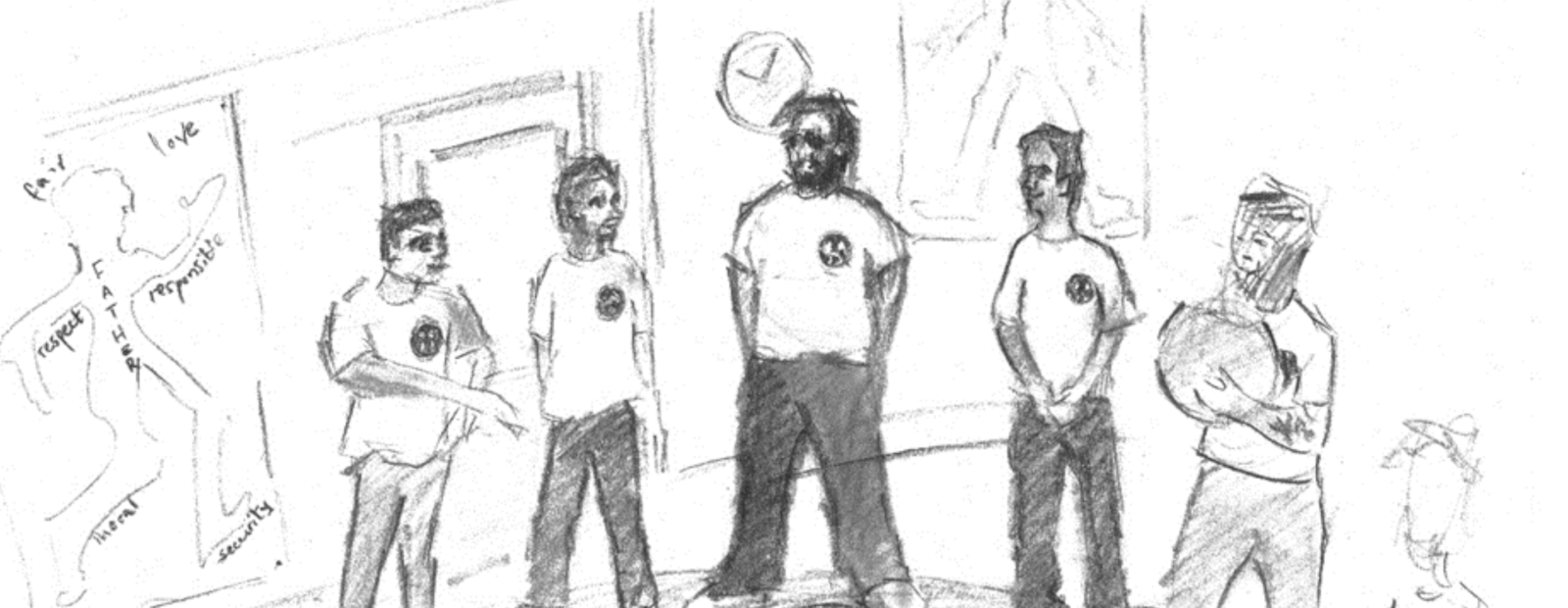


Browse Our Newsletter
Healing Systems, Not Just People: Healing Health Inequalities
Read more

There are few sectors where evidence is as undervalued as in criminal justice. In our justice system, policymaking is often driven by values of ‘what is right’ over evidence of ‘what works’.
This happens for many reasons. Being a victim of any crime, however minor, can be traumatic and can drive an emotional response, including the human instinct to seek retribution in the form of appropriate punishment. This is understandably magnified dramatically for more serious offences, particularly those cases where victims can never fully recover either physically or psychologically.
At the most senior echelons of government, the fear of being viewed as ‘soft on crime’ continues to dominate the discourse on criminal justice policymaking, which over the past three decades has led to the prison population doubling as increasingly ‘tough’ sentences resulting in more people locked up for longer.
Yet, in such a politically charged environment, it is more important than ever for service providers to demonstrate their impact. Supporting people to overcome the issues and behaviours that have driven their contact with the system is essential to reducing reoffending, saving the taxpayer money, and protecting future victims of crime.
At Social Interest Group, we strive to measure the effectiveness of our work on reducing recidivism. The Ministry of Justice’s Justice Data Lab has assessed two of our criminal justice interventions as having a statistically significant impact on reoffending: our Fathers Inside parenting programme and our community resettlement service as part of London CRC.
We routinely collect data ourselves and are proud that over the last five years, 74.5% of the people in our criminal justice services have completed their support with us without being recalled or convicted of a further offence.
We are equally proud of this report, a testament to our phenomenal staff teams whose passion, creativity and perseverance drive the impact we are pleased to share. Our services are diverse in structure and cohorts, but at the heart of each is our Theory of Change and a fundamental belief that everyone can find their strengths and achieve their ambitions in the right conditions.
We continue building our evidence base to demonstrate our impact and influence policymaking. Most importantly, we continue to learn and develop so that our services continue to evolve and support meaningful change for decades to come.
Adam Moll, Director of External Affairs and Impact